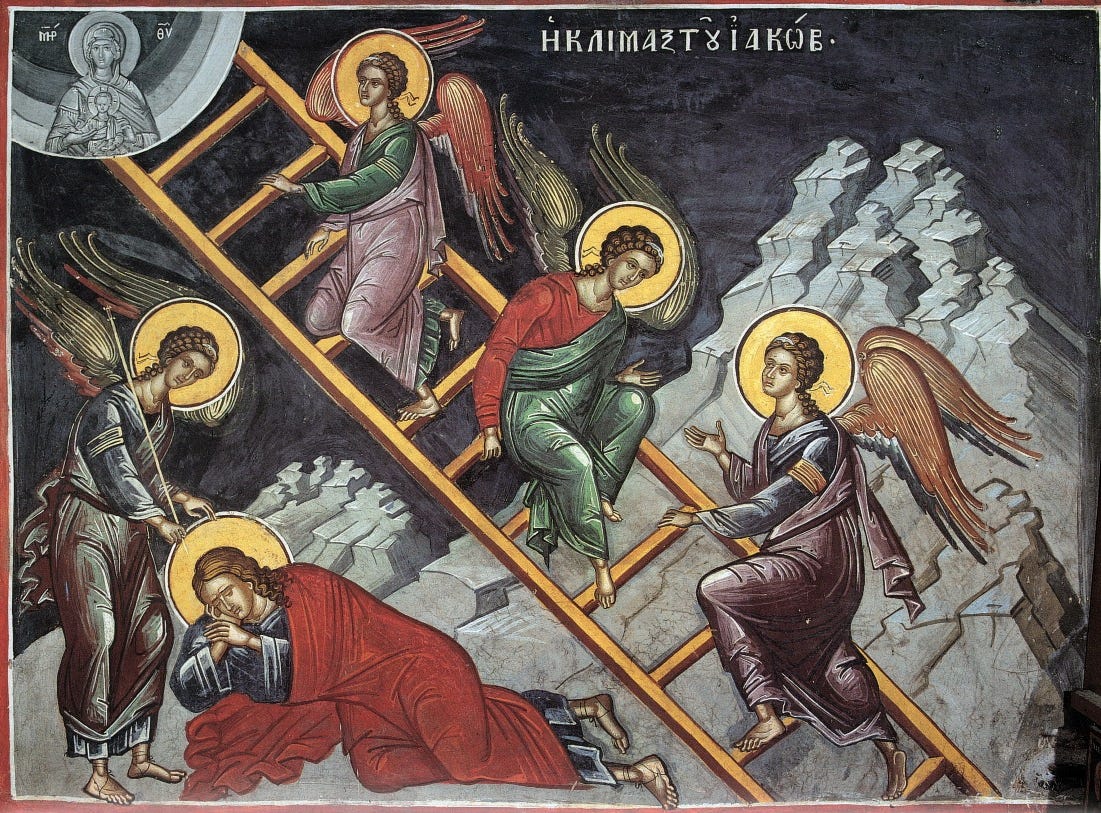On 31st October 1517, a young Augustinian priest named Martin Luther wrote to his Archbishop, Albrecht of Magdeburg and Mainz, complaining about the sale of indulgences.
It was a bold thing to do, and the letter is couched in grovelling rhetoric. But in spite of the tone, the message is clear: do something about it, or I’m going to cause trouble.
The res…
Keep reading with a 7-day free trial
Subscribe to Talking to the Shadows to keep reading this post and get 7 days of free access to the full post archives.



